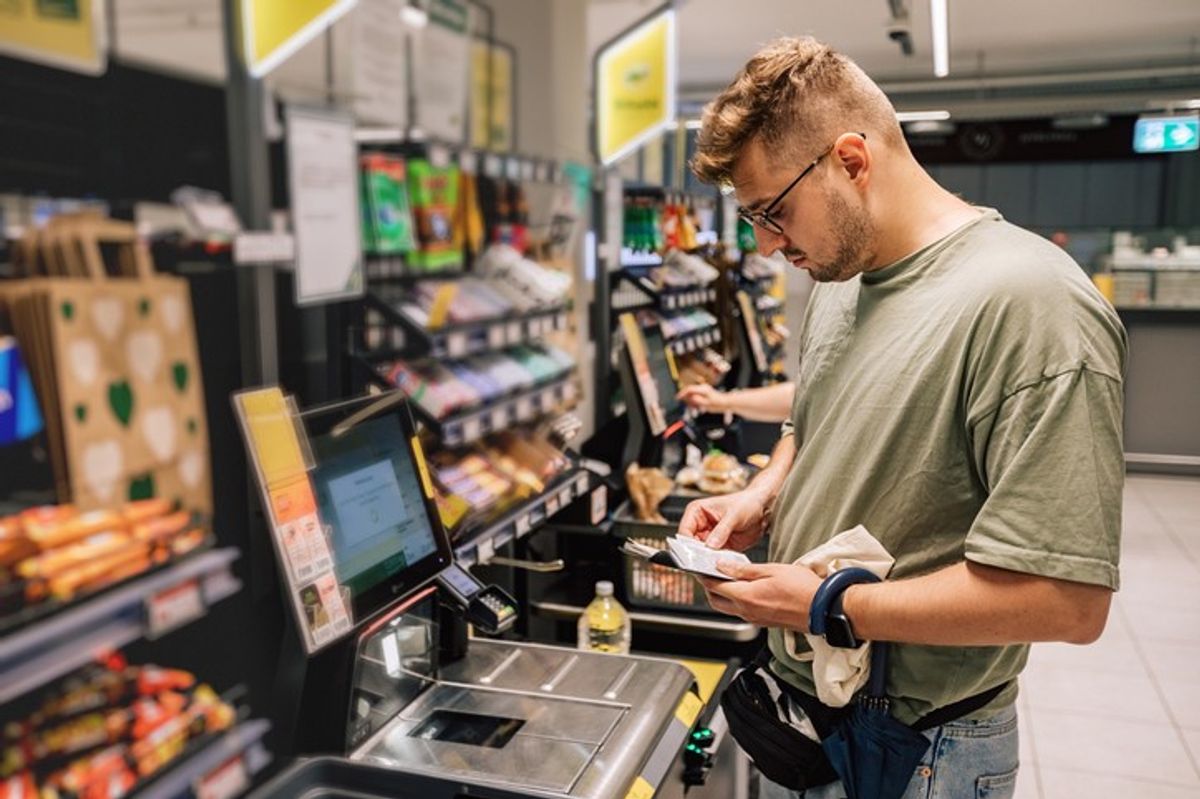While digital payments dominate, with digital wallets set to rise to 33 per cent of in-store spending by 2030, traditional methods continue to hold ground in a fragmented UK market, shows a recent report mapping the UK’s payment landscape over the past decade.
According to the 10th edition of the Worldpay Global Payments Report (GPR),, the UK has witnessed a significant decline in cash use over the past decade, with its share of point-of-sale (POS) spending dropping from 32 per cent to 10 per cent between 2014 and 2024, accounting for £128 billion of in-store transactions.
This trend was accelerated by the COVID-19 pandemic, which hastened a shift toward digital payment methods.
Despite this, the rate of cash’s decline has stabilised. It remains a vital part of the UK payments landscape and is projected to account for £109 billion (8%) of in-store spending by 2030.
Digital payments have surged in the UK, largely driven by the rise of digital wallets. From 2014 to 2024, the value of e-commerce transactions conducted via digital wallets quadrupled, accounting for £108 billion in spending last year.
This rapid adoption has positioned the UK as the third, behind Denmark and Norway in Europe for online digital wallet use. At POS, digital wallets have seen remarkable growth, increasing from just 1 per cent to 18 per cent of spend during the same period.
This trajectory is set to continue, with projections indicating a rise to 33 per cent by 2030, when £447 billion of in-store spending is likely to be made via digital wallets.
Complementing this trend is the rapid expansion of buy now, pay later (BNPL), which has grown from under 1 per cent of online spend in 2014 to account for 7 per cent of online spend in 2024. It is projected that by 2030 £33bn of UK online spend will be made via BNPL.
This reflects a broader shift in consumer purchasing behaviour toward more flexible and digital payment solutions.
Pete Wickes, general manager, EMEA at Worldpay, said, “In an era where consumer choice is king, the UK’s payment landscape has become a sophisticated network of diverse options, reflecting the nuanced demands of its users.
"It reflects a society that values the security and familiarity of traditional payment methods, while simultaneously embracing the efficiency and enhanced experience offered by emerging technologies.”
Despite the rise of digital alternatives, UK consumers remain loyal to cards. £1 trillion of total in-store and online spending was conducted using cards in 2024.
Additionally, Worldpay’s Global Payments Report survey reveals that 63 per cent of digital wallets in the UK are funded by cards, underscoring their continued role in the UK’s payment infrastructure, despite the growth of digital methods.
The popularity of debit cards persists in the UK, particularly amid ongoing economic challenges. Consumers are spending within their means, with almost a quarter of UK consumers indicating that budgeting was a motivator for using debit cards in store, rising to almost a third for online use.
In 2024, the share of in-store spending via debit and prepaid cards was almost double that of credit cards, at 46 per cent compared to 24 per cent at POS.
Wickes added: “Worldpay champions a diverse and dynamic payments landscape, recognising that payment choice enhances the customer journey, supports merchant growth, and powers commerce.
"As we witness the convergence of the old and the new, merchants should be prepared to leverage this dynamic ecosystem by offering payment options that are both responsive to and anticipatory of their customers’ behaviours and preferences.”


